CASA, a rice store antenna shop in Ichinomiya
Table of Contents
Products made with special farming methods
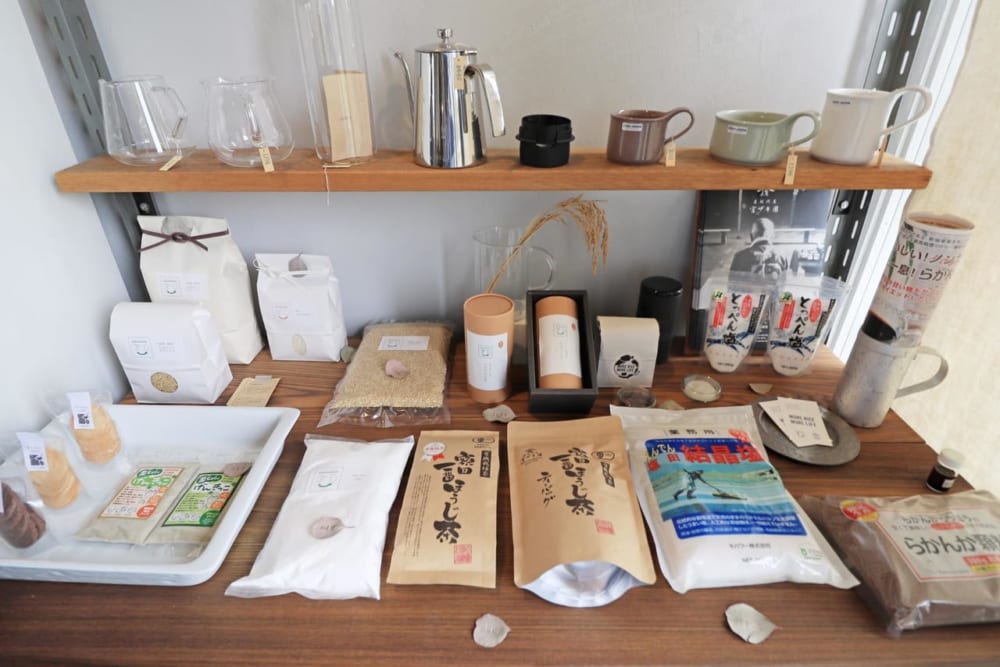
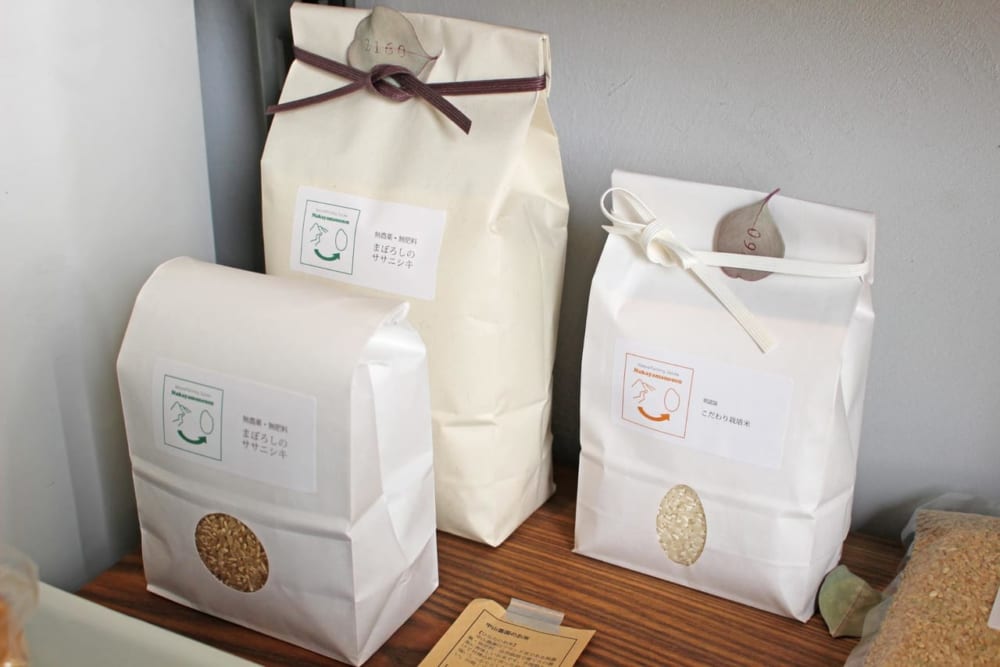
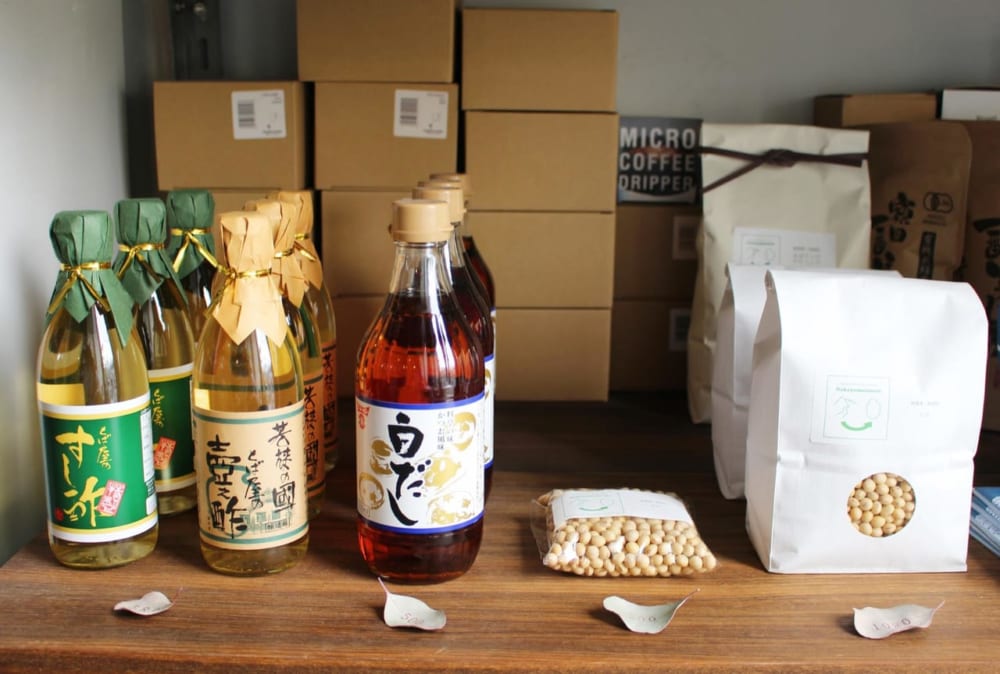
At CASA, they sell rice, wheat, and soybeans from Nakayama Farm, as well as products made with special farming methods. JO, who is so knowledgeable about food that she even studied molecular nutrition, will carefully explain the products. It's great to be able to learn what kind of people make them and how to incorporate them into our daily lives.
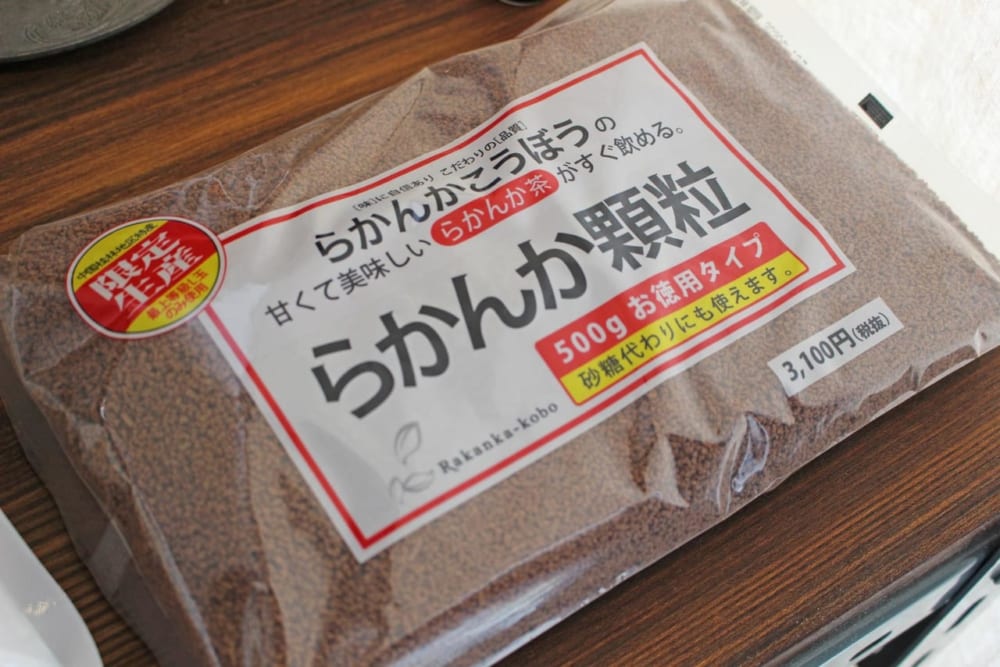
Rakanka is distributed as a sweetener in Japan. In other countries, it is used as a Chinese herbal medicine and is highly valued for its medicinal effects. It is rich in minerals and iron, and is effective in raising metabolism. You can also enjoy Rakanka tea at CASA.
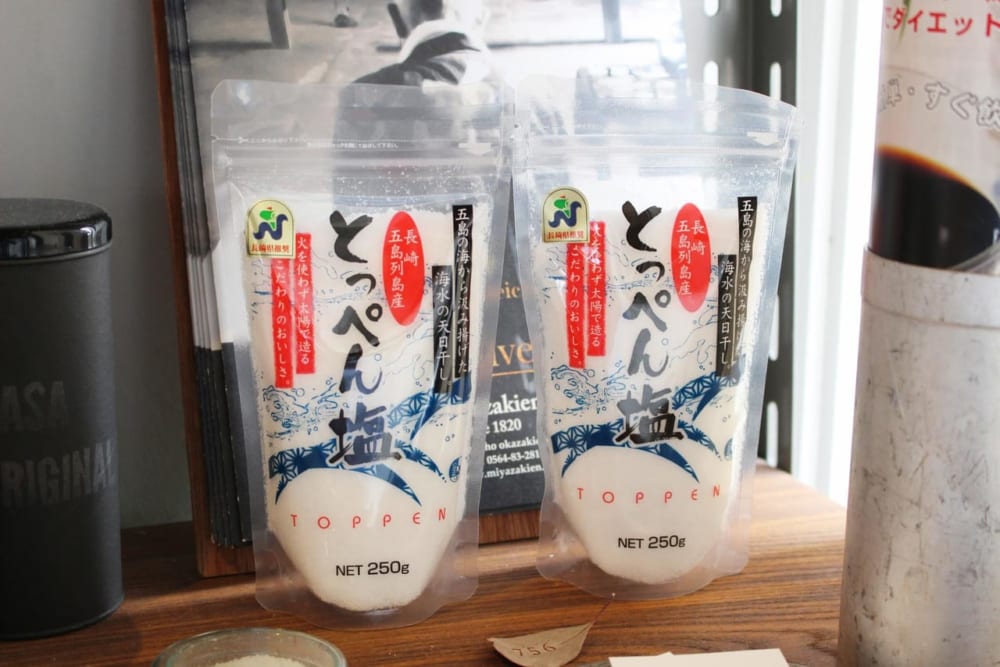
"Toppen Salt" is a powerful domestically produced sun-dried salt made by drying the rich sea water of Goto with the power of the sun.
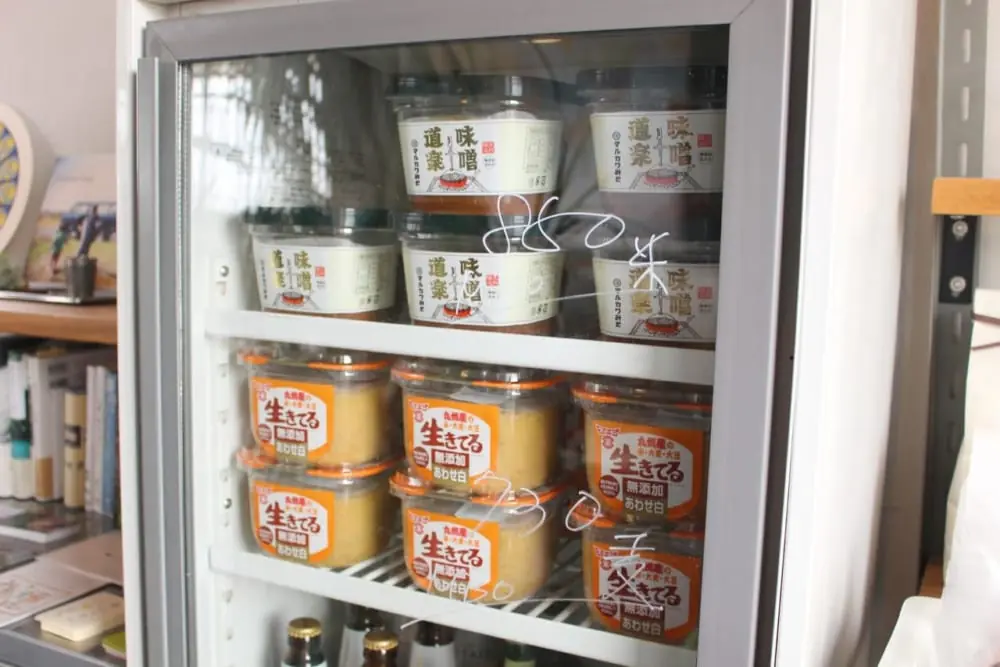
They also sell additive-free miso, such as Marukawa Miso's "Miso Doraku" and Fundokin's "Ikiteru Mutenka Awase Shiro".
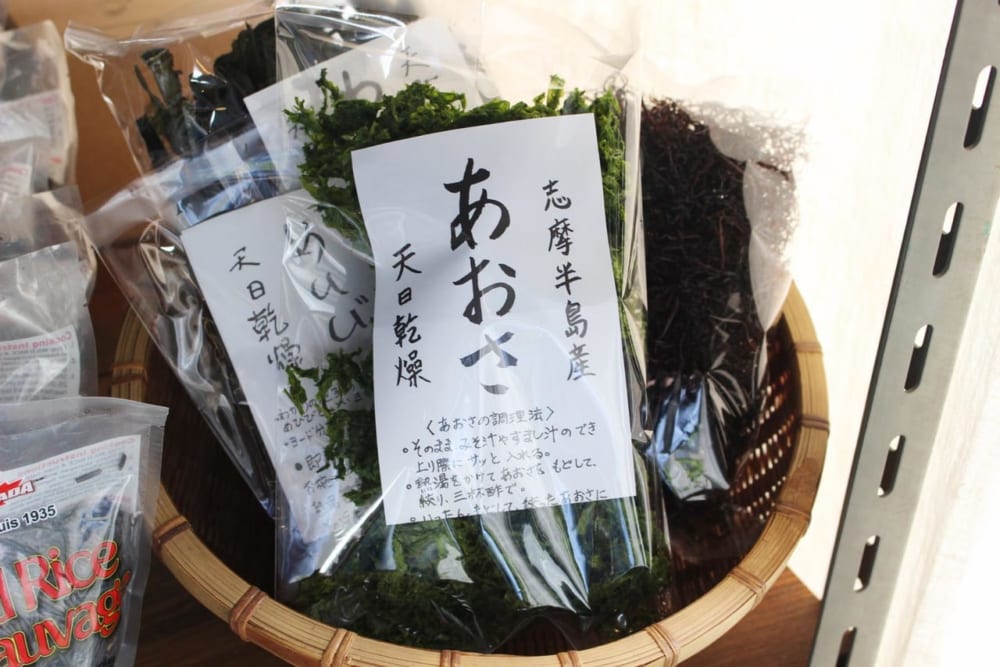
Seaweed from the Shima Peninsula is sun-dried seaweed, which is also used in CASA's miso soup.
Life gets a little richer
CASA Workshops
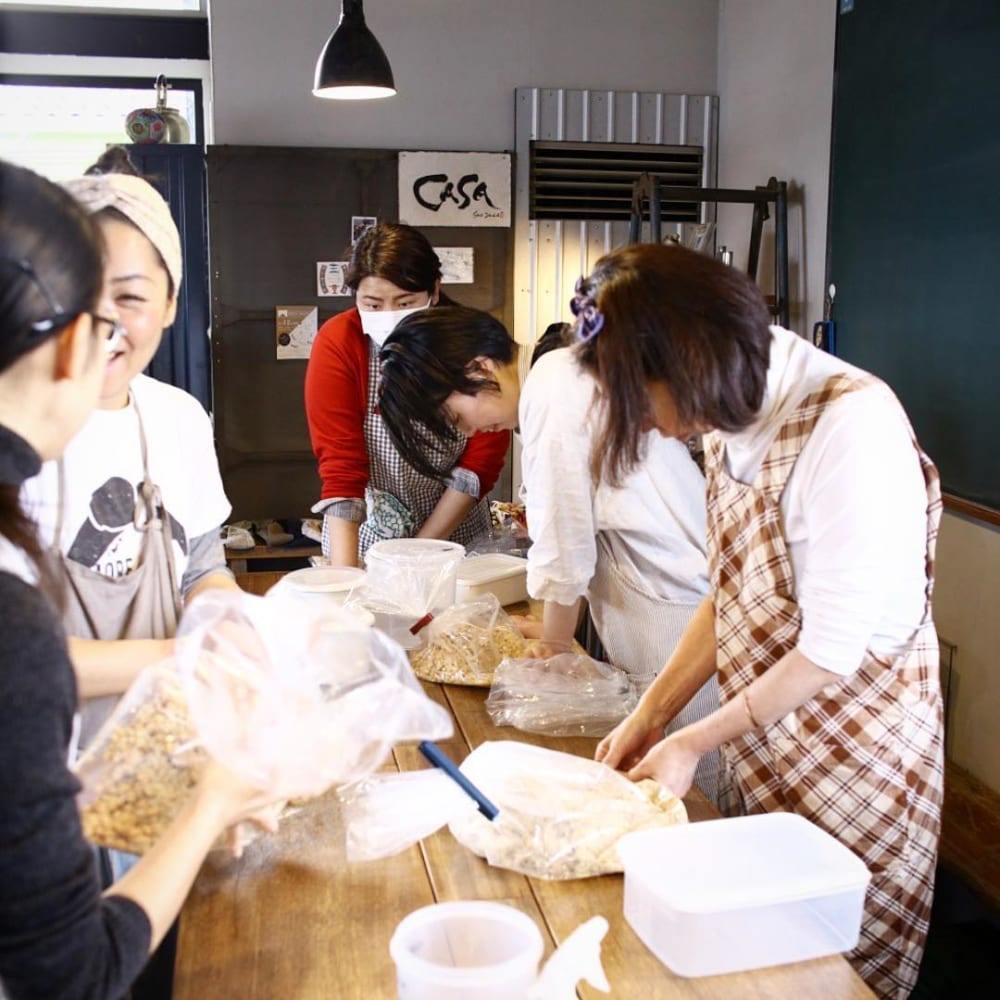
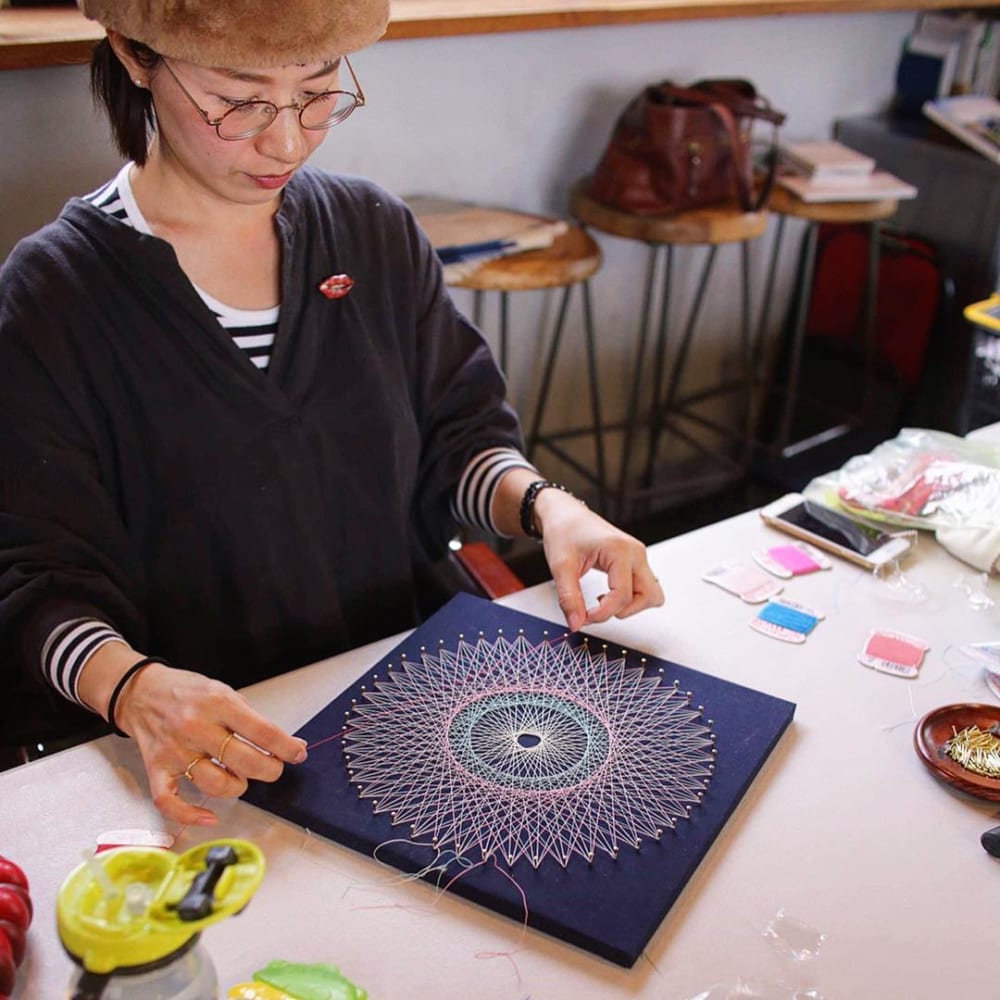
At CASA, various workshops are held under the theme of "making life a little richer". Popular workshops include miso making and nukazuke workshops. In addition, it covers a wide range of things such as thread mandala, feng shui, and psychology. JO, who has traveled domestically and internationally for about 10 years, also talks about his travels.
Check out the workshop information on Instagram!
https://www.instagram.com/casasotocasa/
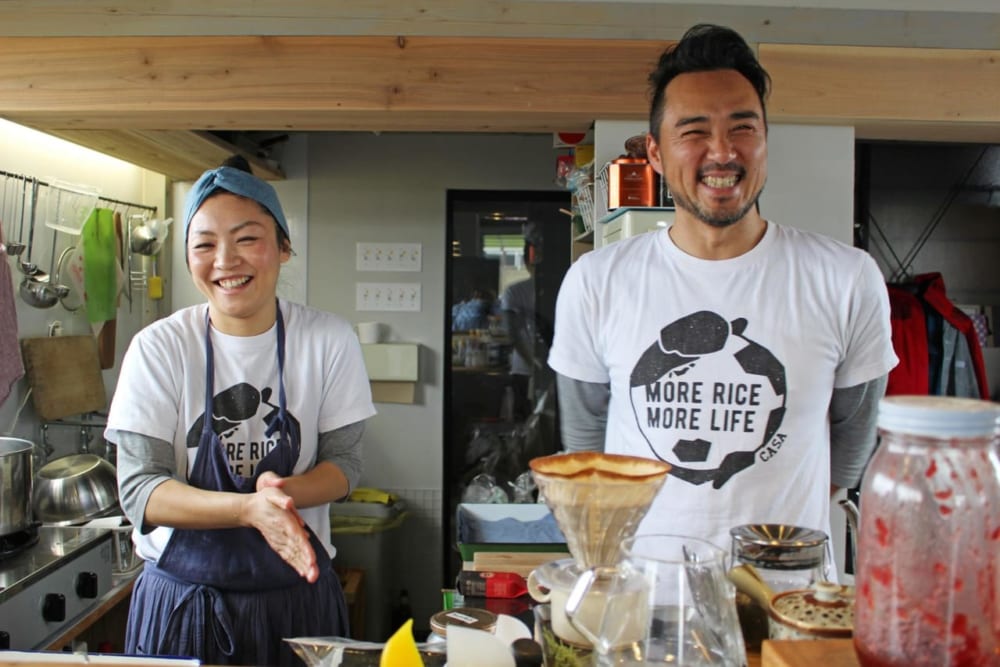
There is only one large long table in CASA. The table is there because "we want this to be a place where people who are just getting to know each other can make connections. We want CASA to be a place where people meet each other. This is the couple's wish. When we interviewed them, one of the women with us said, "Thanks to CASA, I was able to say goodbye to my diabetes medication in three months. CASA is not only a rice shop, but also a place for local interaction.
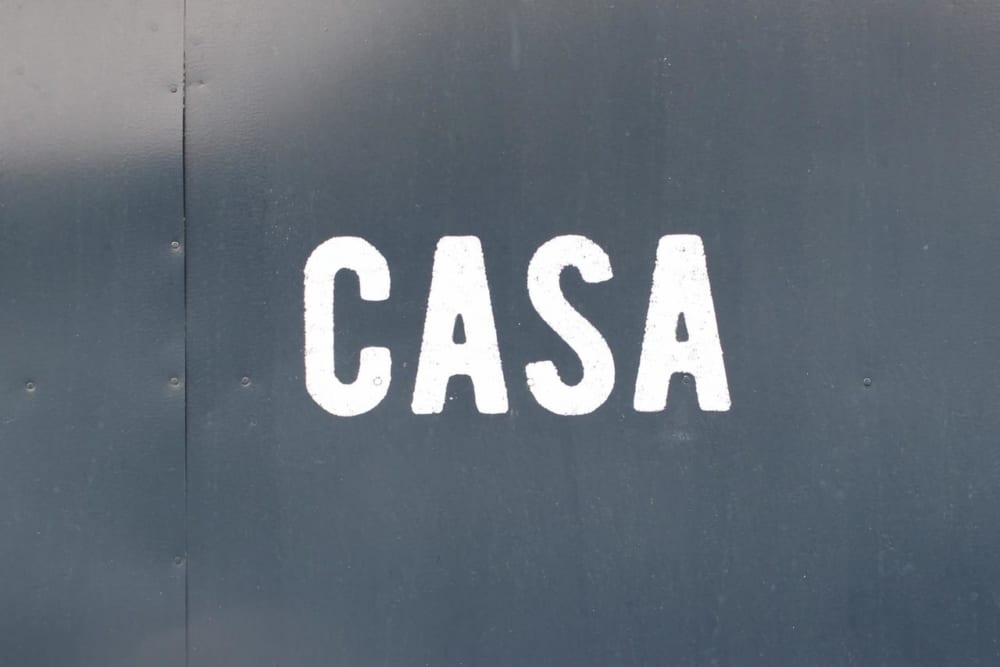
Rice is an essential part of the Japanese diet. However, not many people pay attention to who makes the rice and how it is produced. You will feel like you are paying more attention to what you eat and how you eat it. First of all, we would like you to try their rice balls. We are sure you will be impressed by how tasty rice is!


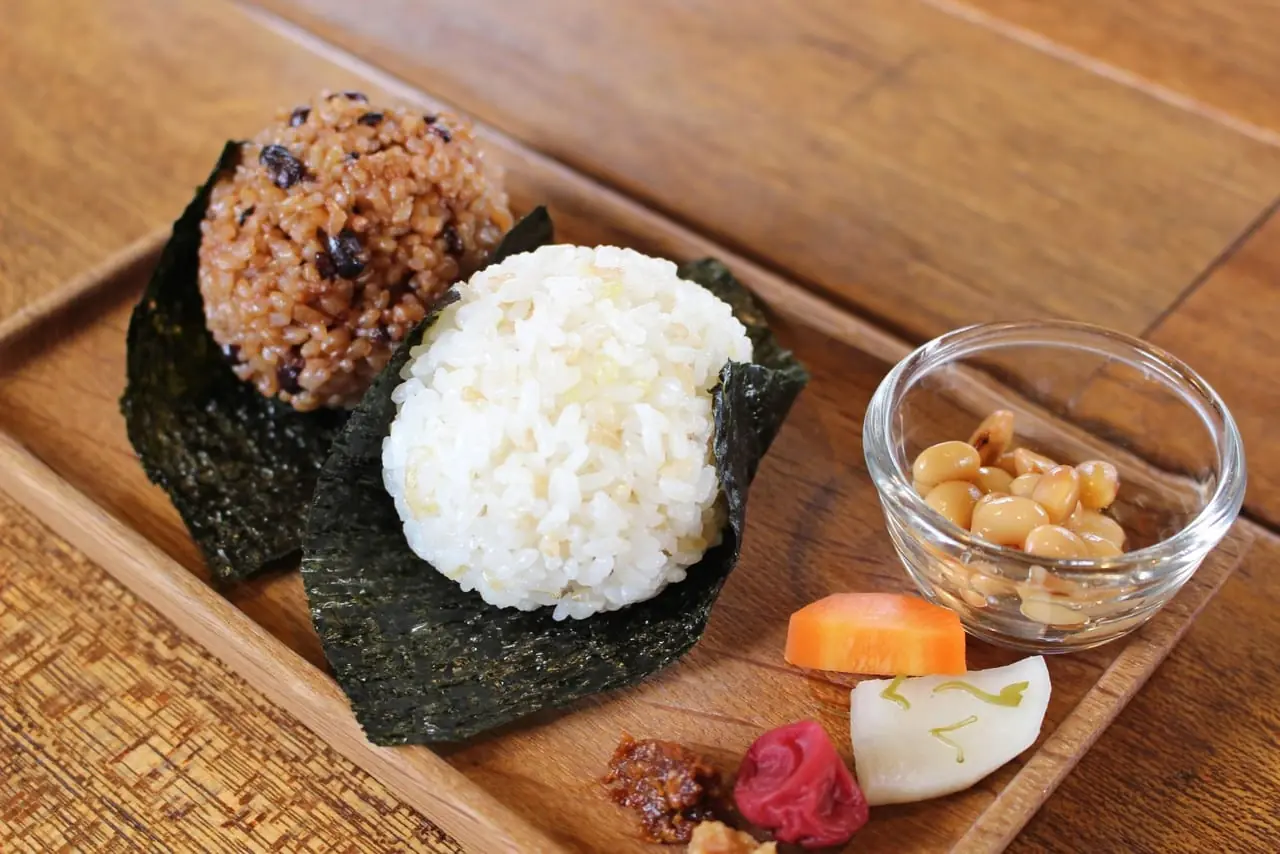
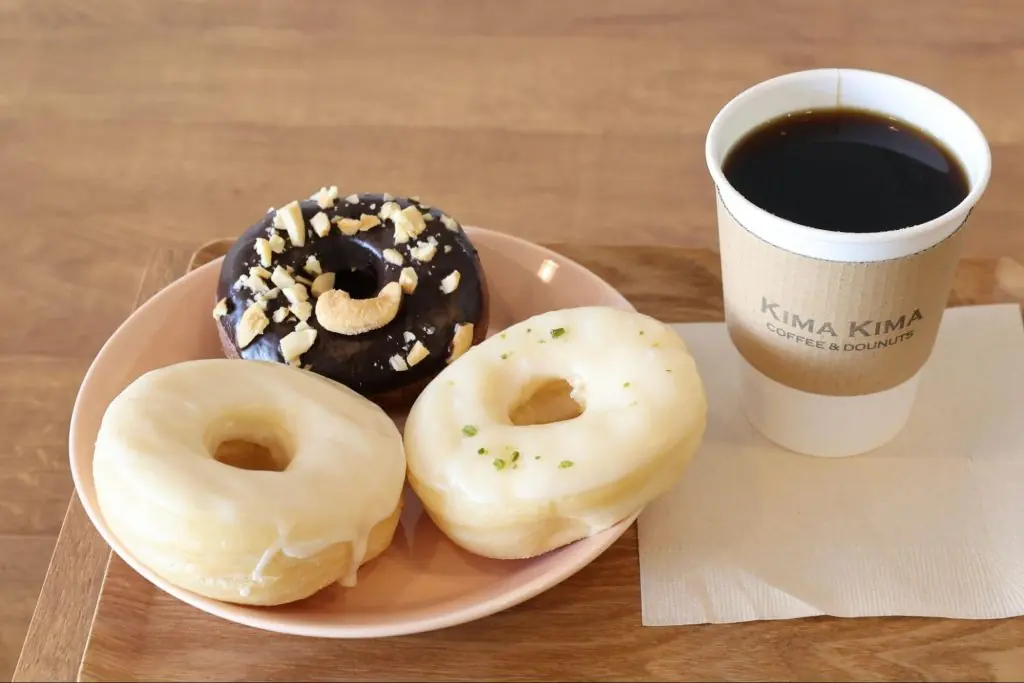
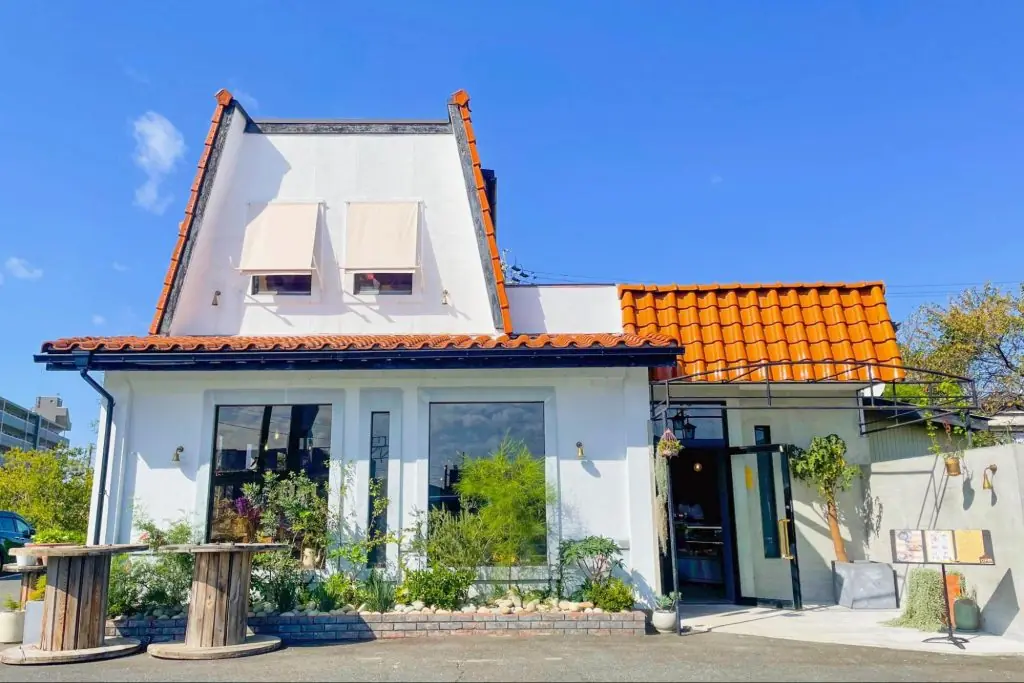


![[Ichinomiya] "BEN'S MORNING CAFE" Have a Luxurious Morning with a Special Morning Breakfast](https://life-designs.jp/wp/wp-content/uploads/2022/11/image7-1024x683.jpg)
![[Ichinomiya] Japanese Sweets Making Experience "Okashi Tsukasa Kameya"](https://life-designs.jp/wp/wp-content/uploads/2023/10/image36-1-1024x684.jpg)
![[Aichi/Ichinomiya City] 15 recommended custom house companies and construction companies](https://life-designs.jp/wp/wp-content/uploads/2022/06/iStock-1019975304-1024x683.jpg)
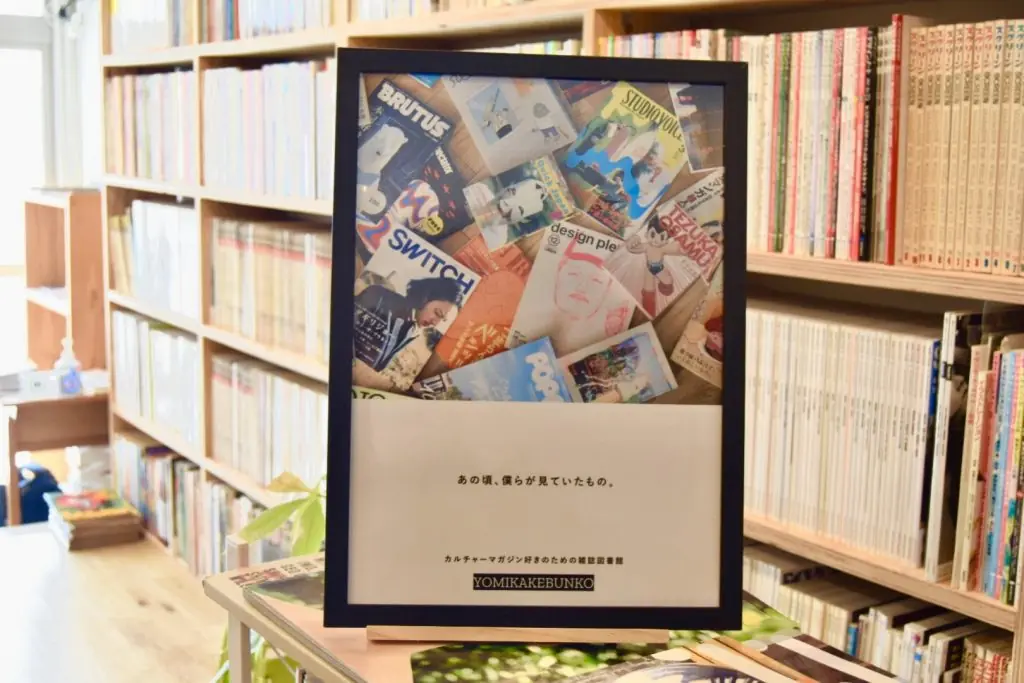

![[Indoor Facilities] Where to Go on Rainy Days in Tokai Area! For Family Outings!](https://life-designs.jp/wp/wp-content/uploads/2023/07/FotoJet-23.jpg)



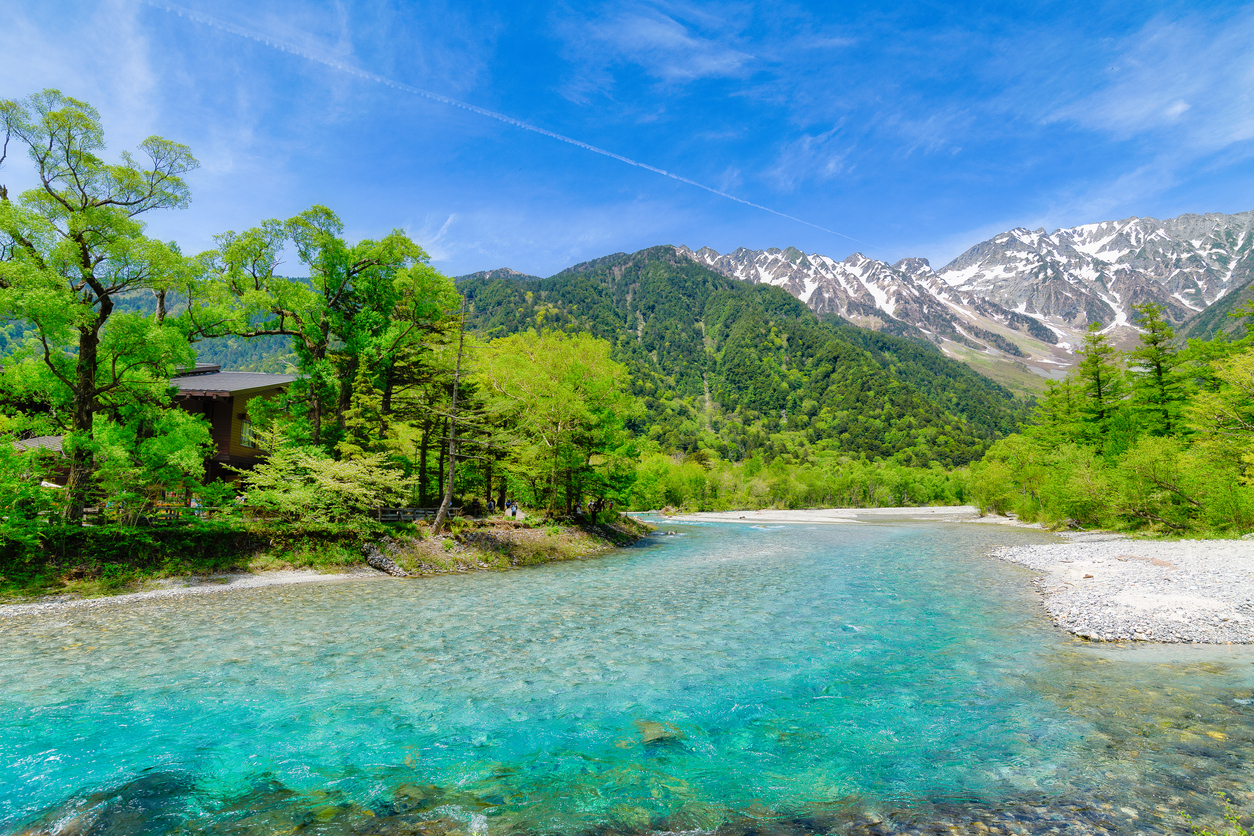
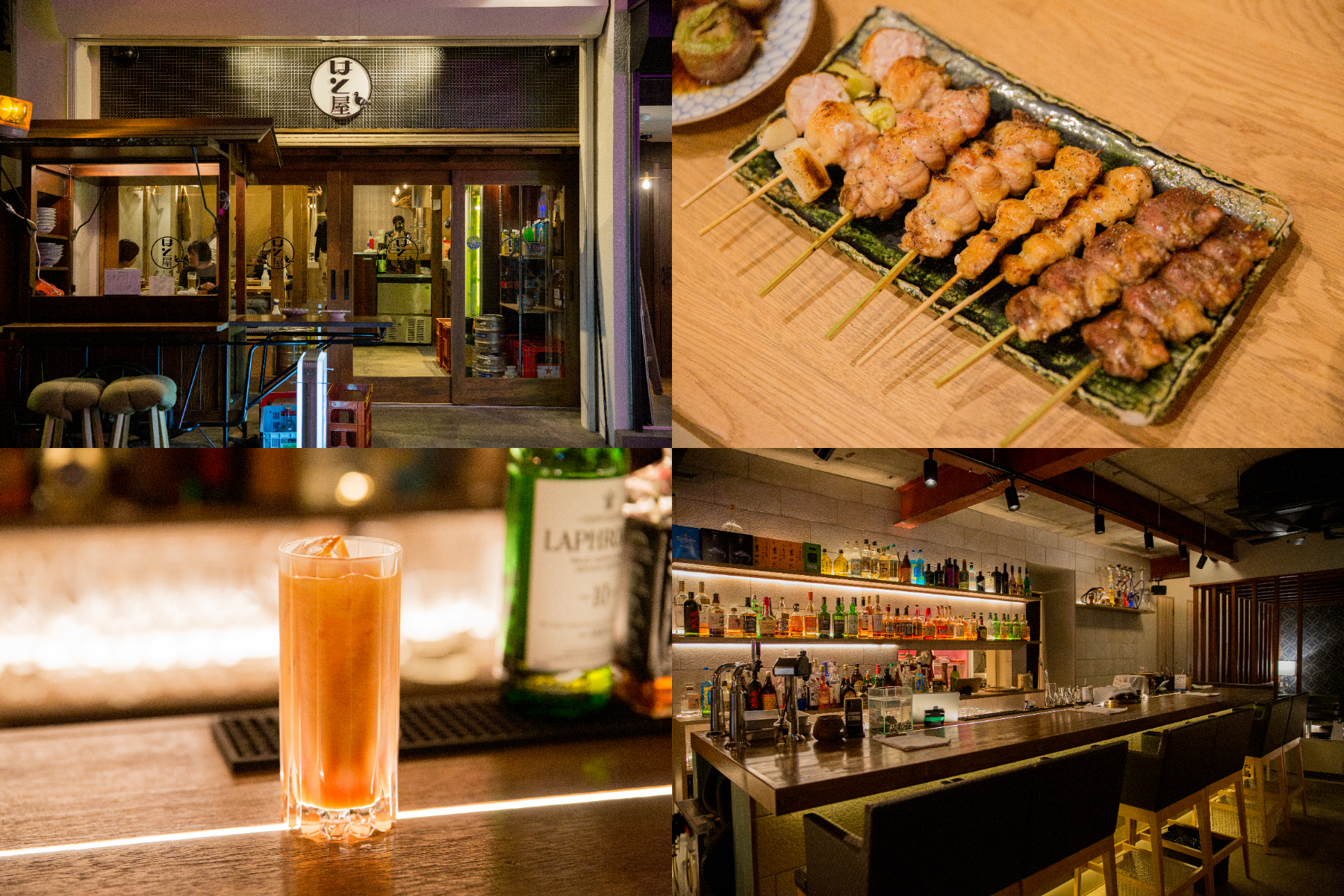
![[Tokai Area] Place to Go on Rainy Days!](https://life-designs.jp/wp/wp-content/uploads/2022/03/f76405aaa33944a4ba88a131fbc56523-768x435.png)
![[Osu Special Feature] A City of History and Uniqueness](https://life-designs.jp/wp/wp-content/uploads/2022/03/01_Osu-1-768x435.png)
![[Nagoya-meshi] Nagoya's Speciality Dishes](https://life-designs.jp/wp/wp-content/uploads/2022/06/5ba2ca8c038fd4af7527bc0826367cfb-1024x580.png)
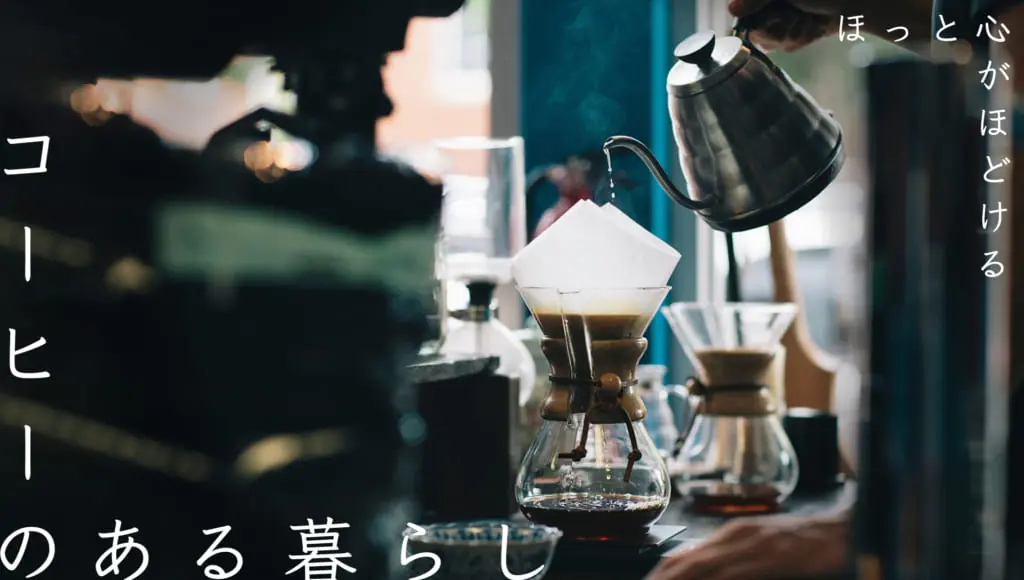
![[Ghibli Park] Beginner's Guide](https://life-designs.jp/wp/wp-content/uploads/2023/07/ghiblipark_w1920h1088_20240422-1024x580.png)
![[Special Feature] Enjoy Your Day at a Park!](https://life-designs.jp/wp/wp-content/uploads/2019/12/LD_banner_w1920x1088_park-1-1024x580.jpg)
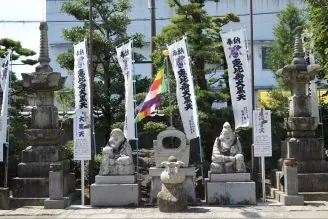



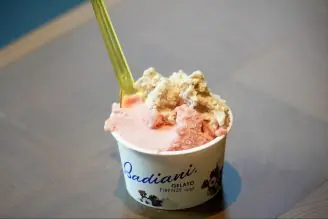
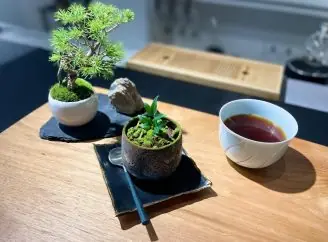
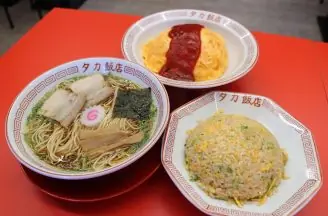
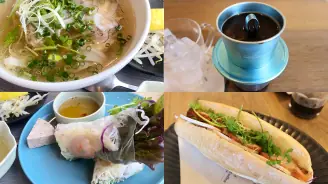










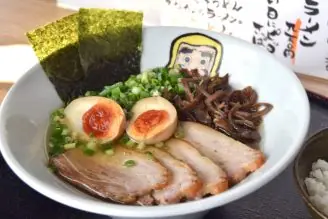



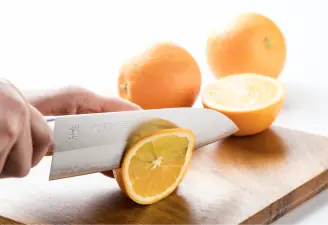
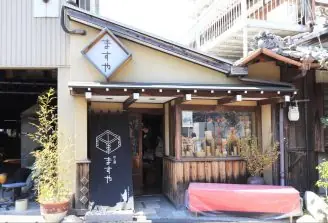
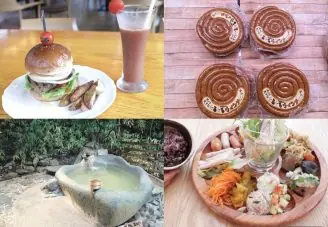
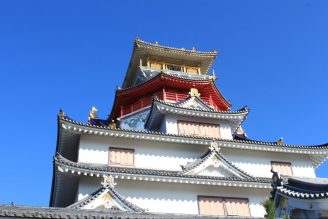




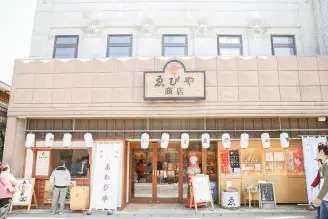
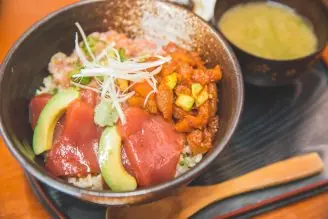
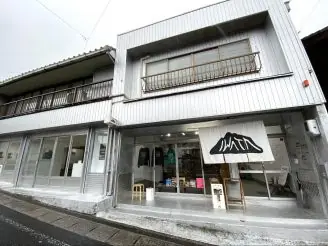

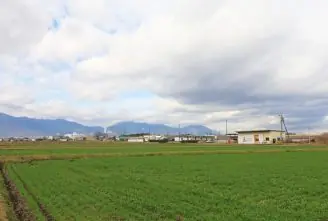

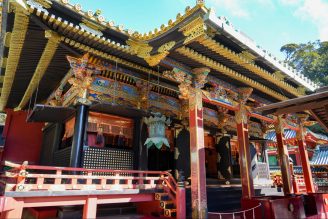





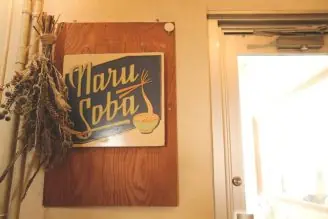




![Onigiri is hot right now! Summary of Osu's Onigiri Specialty Shops [5 selections].](https://life-designs.jp/wp/wp-content/uploads/2023/11/onigiri-1024x768.jpg)
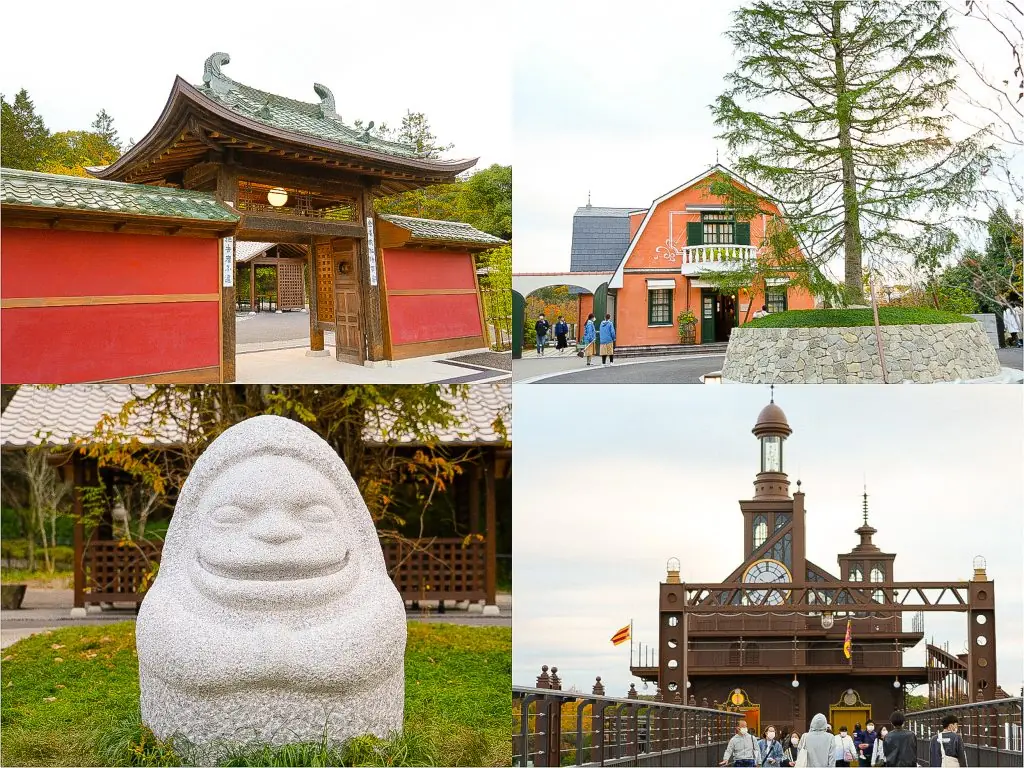
![[Within 2hrs by Car] 12 Outing Areas where You can Go on a Day Trip from Nagoya!](https://life-designs.jp/wp/wp-content/uploads/2023/07/odekake12_w1200h900_20240422-768x576.png)

![[Nagoya, Aichi] Recommended Shops to Buy Tablewares around Nagoya](https://life-designs.jp/wp/wp-content/uploads/2019/11/image12-26-150x100.jpg)

![[14 Selections] Recommended spots to spend the weekend in Kakuozan area of Nagoya](https://life-designs.jp/wp/wp-content/uploads/2022/07/Kakuozan-spot_w1920h1088_240605-328x186.png)
